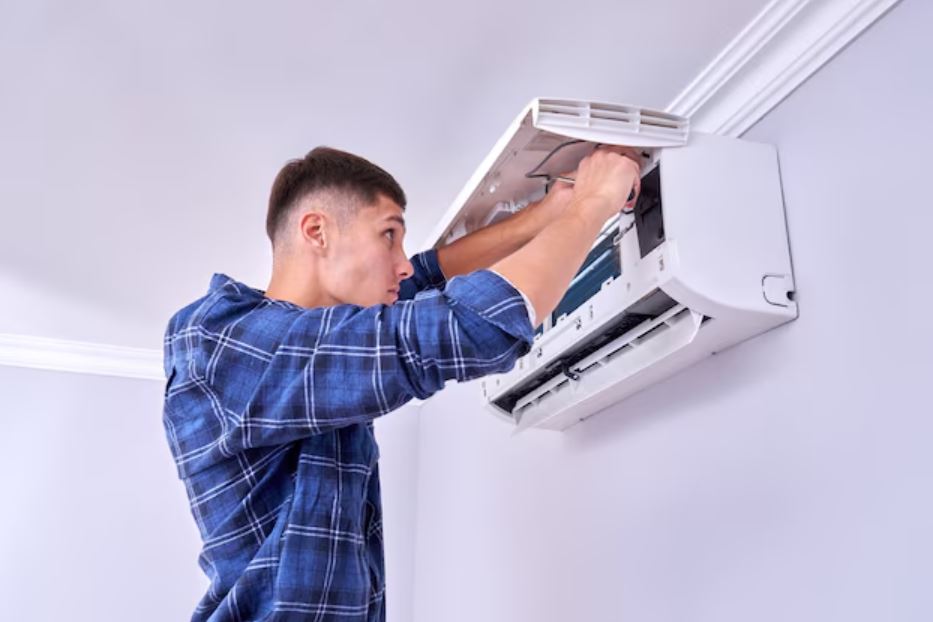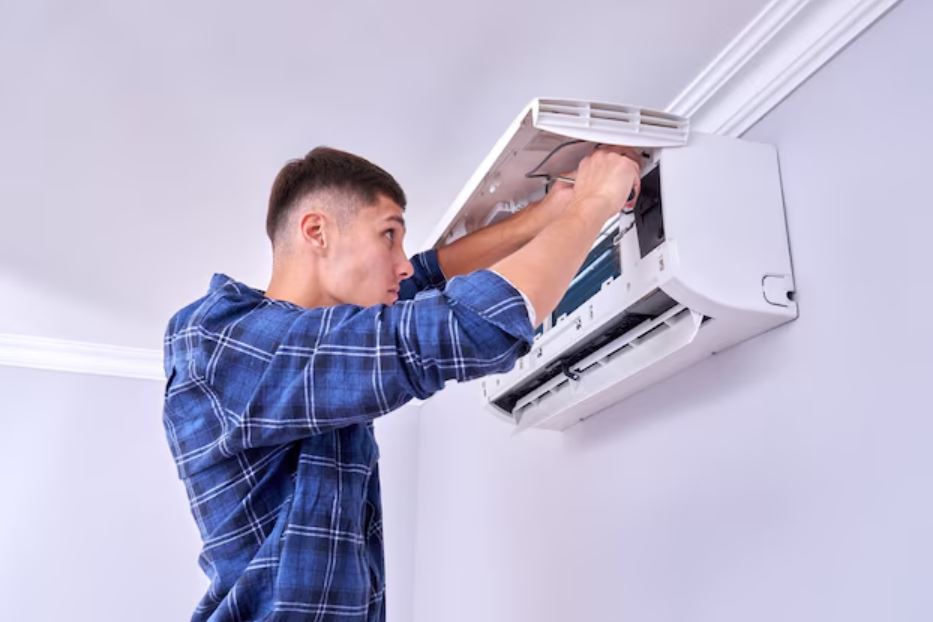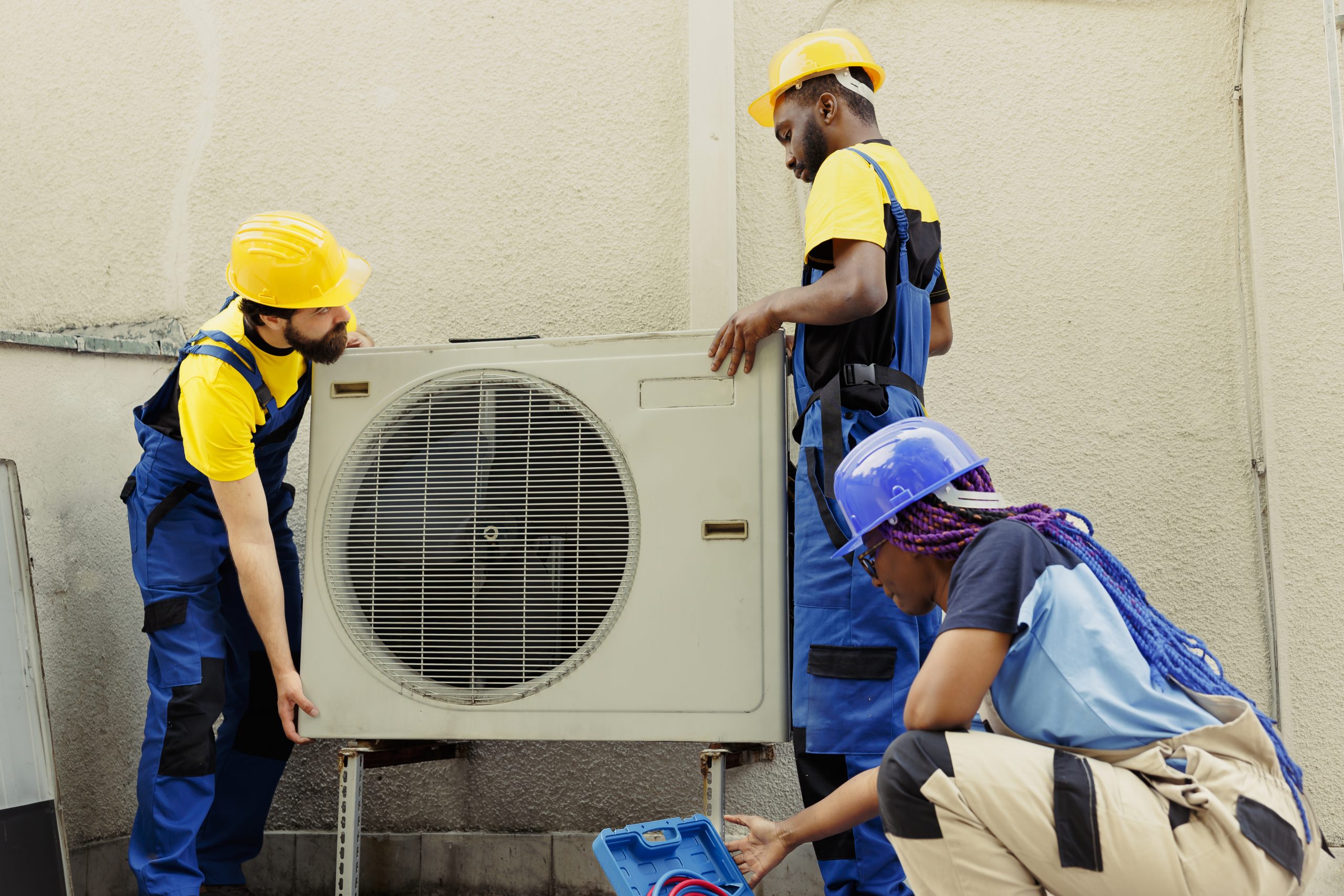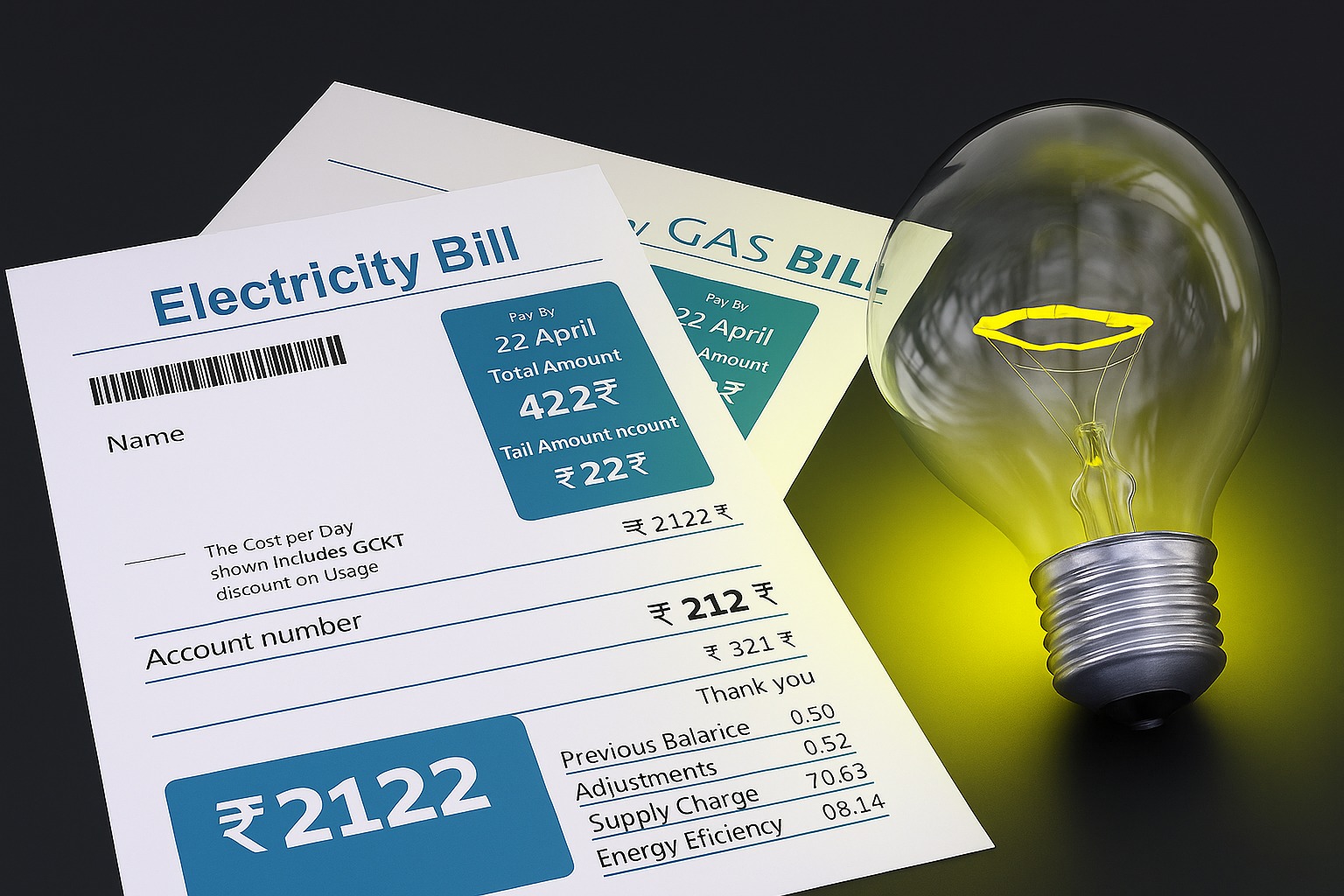
Introduction
Your air conditioning system works hard to keep your home comfortable, especially during hot summer months. Like any appliance, AC units don’t last forever and will eventually show signs of wear and tear. Knowing when your system needs repair or complete replacement can save you money, prevent uncomfortable situations, and help you make smart decisions about your home’s cooling needs. Many homeowners struggle with the question: should I repair my AC or replace it entirely? This guide will help you recognize the key warning signs and understand when it’s time to call for fast cooling system repair or start looking for the best AC replacement company near me. Understanding these signs early can prevent emergency breakdowns and help you plan for necessary improvements to your cooling system.
Understanding AC System Lifespan
Before diving into warning signs, it’s important to understand how long AC systems typically last. Most air conditioning units have a lifespan of 15-20 years with proper maintenance. However, several factors can affect this timeline, including climate, usage patterns, maintenance quality, and installation quality. Units in extremely hot climates or homes with heavy usage may need replacement sooner, while well-maintained systems in moderate climates might last longer than average.
The key is recognizing when your system is approaching the end of its useful life and planning accordingly. Regular maintenance can extend your AC’s lifespan, but eventually, all systems will need replacement. Understanding your unit’s age and condition helps you make informed decisions about repairs versus replacement.
Sign #1: Your AC Is Over 10-15 Years Old and Needs Frequent Repairs
Age and Repair Frequency
One of the clearest indicators that replacement might be necessary is when your AC system is over 10-15 years old and requires frequent repairs. Older systems often develop multiple problems as various components wear out, leading to ongoing repair costs that can quickly add up.
When repair costs exceed 50% of a new system’s price, replacement usually makes more financial sense. Additionally, older systems use outdated technology and refrigerants that may be expensive or difficult to obtain. R-22 refrigerant, commonly used in older systems, is being phased out, making repairs more costly.
The Repair vs. Replace Decision
A good rule of thumb is the “5,000 rule” – multiply your AC’s age by the repair cost. If the result exceeds 5,000, replacement is often the better choice. For example, if your 12-year-old AC needs a $500 repair, the calculation is 12 x $500 = $6,000, suggesting replacement might be wise.
Modern air conditioning installation offers significant advantages over older systems, including improved energy efficiency, better humidity control, and enhanced reliability. When you’re calling for AC service near me multiple times per year, it’s time to seriously consider replacement options.
Sign #2: Rising Energy Bills Despite Normal Usage
Energy Efficiency Decline
If your electricity bills keep climbing despite similar usage patterns, your AC system may be losing efficiency. Older systems naturally become less efficient over time as components wear out, seals deteriorate, and moving parts develop friction.
Several factors contribute to declining efficiency:
- Dirty or clogged components reducing airflow
- Worn compressor struggling to maintain proper pressures
- Refrigerant leaks causing the system to work harder
- Outdated technology compared to modern standards
Comparing Costs
Track your energy bills over several months to identify patterns. If you notice a consistent upward trend in cooling costs, compare your current system’s efficiency rating (SEER) with modern units. Newer systems can achieve SEER ratings of 16-25, while older units might operate at 8-12 SEER.
The difference in operating costs can be substantial. A new, efficient system might pay for itself through energy savings over 5-10 years, especially if your current unit is significantly outdated.
Sign #3: Uneven Cooling and Comfort Issues Throughout Your Home
Hot and Cold Spots
When some rooms feel comfortable while others remain too hot or cold, your AC system may be struggling to distribute air properly. This problem can stem from various issues:
- Ductwork problems affecting air distribution
- Aging equipment unable to maintain consistent temperatures
- Improperly sized system for your home’s current needs
- Failing components like blower motors or dampers
System Sizing Issues
Sometimes uneven cooling indicates that your current system is improperly sized for your home. Home renovations, additions, or changes in insulation can affect cooling requirements. An undersized system will struggle to cool your entire home effectively, while an oversized system will cycle on and off too frequently, creating temperature fluctuations.
Professional evaluation can determine whether your system sizing matches your home’s current needs. If significant changes have occurred since your original air conditioning installation, replacement with a properly sized system might be necessary.
Humidity Problems
AC systems also control humidity levels in your home. If you’re experiencing excessive humidity or overly dry conditions, your system may not be functioning properly. Proper humidity control is essential for comfort and indoor air quality.
Sign #4: Strange Noises, Odors, or Visible Issues
Unusual Sounds
AC systems should operate relatively quietly. Strange noises often indicate developing problems that may require immediate attention.
- Grinding or squealing: Usually indicates belt or motor bearing problems
- Banging or clanking: May suggest loose or broken internal components
- Hissing: Could indicate refrigerant leaks or pressure issues
- Clicking: Might signal electrical component problems
Concerning Odors
Unpleasant smells from your AC system can indicate serious problems:
- Musty odors: Often suggest mold or mildew growth in ductwork or components
- Burning smells: May indicate electrical problems or overheating components
- Chemical odors: Could suggest refrigerant leaks
Visual Warning Signs
Visible issues around your AC system often indicate significant problems:
- Water pooling around indoor or outdoor units
- Ice formation on coils or refrigerant lines
- Rust or corrosion on system components
- Damaged or disconnected ductwork
When you notice these warning signs, prompt evaluation from professionals offering fast cooling system repair can prevent minor issues from becoming major problems.
Sign #5: Poor Air Quality and Inadequate Cooling Performance
Air Quality Issues
Your AC system plays a crucial role in maintaining indoor air quality by filtering and circulating air throughout your home. When the system isn’t functioning properly, you might notice:
- Increased dust accumulation throughout your home
- Worsening allergies or respiratory symptoms
- Stale or stuffy air despite system operation
- Difficulty maintaining comfortable humidity levels
Filter Problems
One simple but important maintenance task is regular AC filter replacement service. Dirty filters reduce system efficiency and air quality. However, if you’re changing filters frequently and still experiencing air quality issues, your system may have deeper problems.
Consider upgrading to a system with better filtration capabilities if air quality is a primary concern. Modern systems can accommodate advanced filtration options that remove more pollutants and allergens from your indoor air.
Cooling Performance
When your AC can’t maintain desired temperatures despite running continuously, several problems might be occurring:
- Insufficient cooling capacity for your home’s size
- Refrigerant leaks reducing cooling efficiency
- Failing compressor unable to properly pressurize refrigerant
- Blocked or damaged ductwork preventing proper air distribution
Making the Repair vs. Replace Decision
Factors to Consider
Several factors should influence your decision between repair and replacement:
Age of System: Units over 15 years old are generally candidates for replacement, especially if they need major repairs.
Repair Costs: If repair costs exceed 50% of replacement cost, replacement often makes more sense.
Energy Efficiency: Newer systems can reduce operating costs significantly compared to older, inefficient units.
Reliability: Frequent breakdowns indicate declining reliability that replacement can address.
Home Value: A new, efficient AC system can increase your home’s value and appeal to potential buyers.
Technology Improvements: Modern systems offer features like smart thermostats, variable-speed operation, and improved humidity control.
Professional Evaluation and Installation
Getting Expert Assessment
When you’re unsure about repair versus replacement, professional evaluation is essential. Qualified technicians can assess your system’s condition, estimate remaining lifespan, and provide cost comparisons for repair and replacement options.
Look for companies that offer:
- Comprehensive system inspections
- Honest assessments of repair versus replacement benefits
- Multiple equipment options to fit different budgets
- Professional air conditioning installation services
- Ongoing maintenance programs
Choosing the Right Company
When seeking AC unit replacement, research companies thoroughly:
- Check licenses and insurance coverage
- Read customer reviews and testimonials
- Compare quotes from multiple providers
- Verify warranty offerings on equipment and installation
- Ensure they offer emergency repair services
Cost Considerations and Financing
Understanding Total Costs
While replacement requires a higher upfront investment than repairs, consider long-term costs, including
- Energy savings from improved efficiency
- Reduced repair costs with new equipment
- Improved reliability and fewer emergency calls
- Potential rebates or tax credits for efficient equipment
Financing Options
Many homeowners benefit from financing options for AC replacement:
- Manufacturer financing programs
- Utility company rebates and incentives
- Home improvement loans
- HVAC company financing options
Planning and Budgeting
If your system shows multiple warning signs but isn’t completely failed, you have time to research options and plan for replacement. This planning period allows you to
- Compare different equipment options
- Get multiple quotes from qualified contractors
- Take advantage of seasonal promotions or rebates
- Schedule installation during optimal weather conditions
Conclusion
Recognizing these five key warning signs helps you make informed decisions about your AC system’s future. Whether your unit is showing its age through frequent repairs, driving up energy costs, struggling to maintain comfort, making concerning noises, or failing to provide adequate cooling and air quality, taking action promptly can prevent emergency situations and ensure your home stays comfortable year-round. Remember that while some minor issues can be addressed through repairs and regular maintenance like AC filter replacement service, major problems often indicate it’s time for complete system replacement. When you’re ready to address your cooling system needs, whether for fast repairs or complete replacement, trust Oh Yes World Home Cleaning Solutions to provide expert evaluation, professional installation, and reliable service that keeps your home comfortable and efficient. Our experienced team can help you navigate the repair versus replacement decision and ensure you get the best solution for your specific needs and budget.
FAQ
- How can I choose the best AC installation and repair service?
Check out qualified, seasoned experts with a solid reputation. Get referrals and make sure they provide guarantees for their labor.
- How long does an AC installation typically take?
A standard AC installation can take between 4-8 hours, depending on the complexity of the job and the size of the unit.
- Is regular AC maintenance necessary if the system is new?
Yes, even new AC systems benefit from regular maintenance. This helps ensure efficiency and prevents potential issues from developing over time.
- Can repairing my AC improve energy efficiency?
Yes, you may greatly increase your air conditioner’s energy efficiency by resolving problems like refrigerant leaks, coil cleaning, or thermostat repairs.
- What are the signs that my AC needs a replacement?
Frequent maintenance, excessive energy costs, inadequate cooling, and odd noises—and if your air conditioner is older than ten years, these are all indicators that it may need to be replaced.


